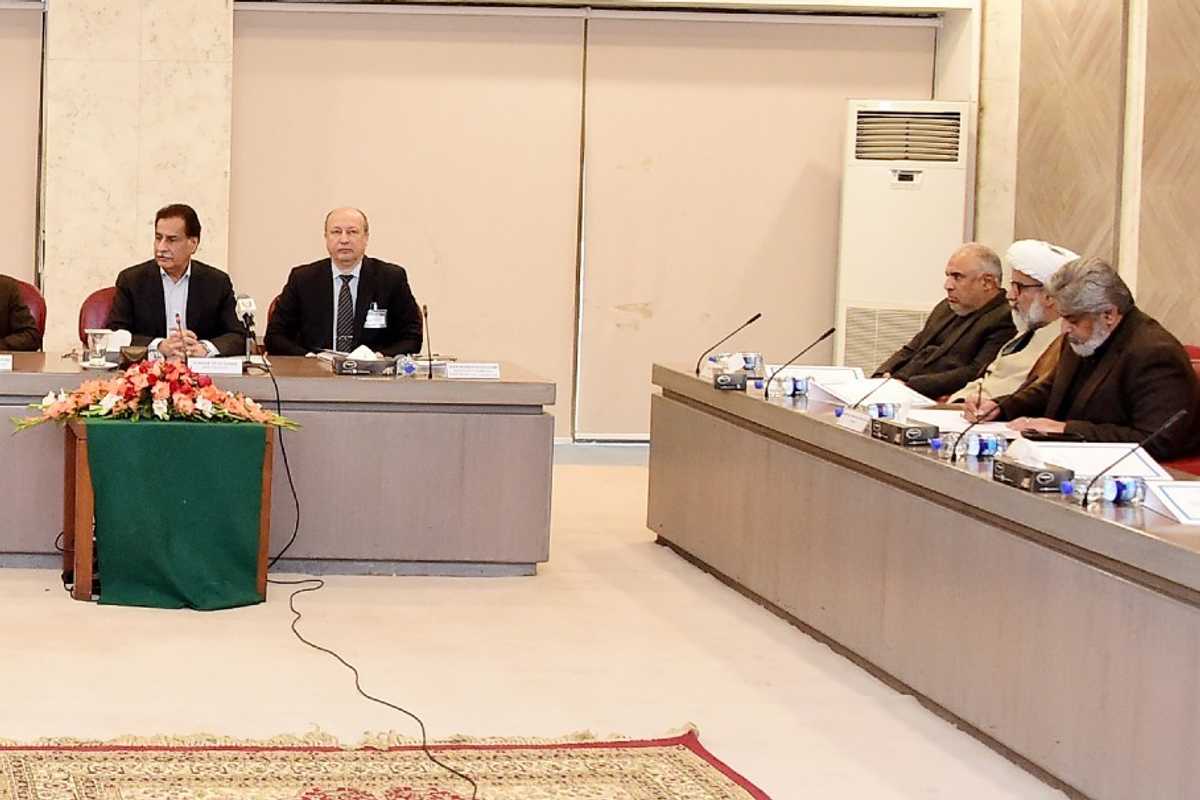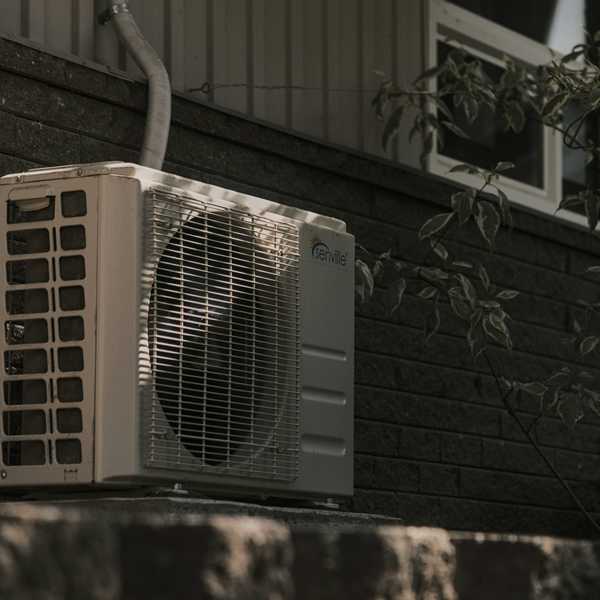Pakistan govt allows PTI to meet Imran Khan in prison after talks
Both sides described the first round talks as 'positive' and agreed to reconvene on January 2

Javed Hussain
Correspondent
I have almost 20 years of experience in print, radio, and TV media. I started my career with "Daily Jang" after which I got the opportunity to work in FM 103, Radio Pakistan, News One, Ab Tak News, Dawn News TV, Dunya News, 92 News and regional channels Rohi TV, Apna Channel and Sach TV where I worked and gained experience in different areas of all three mediums. My journey from reporting to news anchor in these organisations was excellent. Now, I am working as a correspondent with Nukta in Islamabad, where I get the opportunity of in-depth journalism and storytelling while I am now covering parliamentary affairs, politics, and technology.

Speaker National Assembly Ayaz Sadiq chairing the meeting between government and opposition committees at Parliament House on December 23, 2024.
PID
The Pakistani government on Monday accepted the main opposition party, Pakistan Tehreek-e-Insaf’s (PTI), request to meet its founding chairman, Imran Khan, in Rawalpindi’s Adiala Jail following the first round of long-anticipated talks between the rival parties to ease prevailing political tensions in the country.
After the meeting, a PTI delegation is scheduled to meet Khan tomorrow to brief him on the progress of negotiations with the government and seek his guidance on the party’s future strategy.
This development occurred during the first formal dialogue between government and PTI negotiation committees at Parliament House, chaired by National Assembly Speaker Sardar Ayaz Sadiq.
Both sides described the development as “positive” as the talks addressed initial demands from the opposition, including the release of ‘political’ prisoners and the formation of a judicial commission on the D-Chowk firing incident.
Key demands
During the talks, the PTI delegation, led by Asad Qaiser, emphasized their demand for the release of Imran Khan and other detained workers, as well as a judicial probe into the November 26 D-Chowk incident.
The government’s delegation, headed by Deputy Prime Minister Ishaq Dar, included senior leaders such as Rana Sanaullah and Raja Pervez Ashraf.
Both sides agreed to reconvene on January 2, where PTI will formally present a written charter of demands. The dialogue was marked by mutual goodwill, with leaders from both committees expressing optimism about finding common ground to resolve the ongoing political impasse.
Middle path
Speaking to the media after the talks, Asad Qaiser noted that PTI had firmly presented its case and sought assurances on key demands. “We demanded the release of all prisoners, including Imran Khan, and proposed the formation of a judicial commission. Formal talks will begin on January 2,” Qaiser stated.
Rana Sanaullah highlighted the importance of compromise in political negotiations, emphasizing that both sides need to approach the process with open hearts.
“A middle path will be found. Political dialogue is essential to move forward in a parliamentary democracy,” he said.
Speaker Sardar Ayaz Sadiq commended the collaborative spirit of the meeting, urging both sides to focus on Pakistan’s betterment. “We must work together to eliminate political polarization and make efforts for the country’s progress,” he remarked.
اسپیکر قومی اسمبلی سردار ایاز صادق کی حکومت اور اپوزیشن کی مذاکراتی …
اسپیکر قومی اسمبلی سردار ایاز صادق کی حکومت اور اپوزیشن کی مذاکراتی کمیٹیوں کے مابین ہونے والی پہلی باضابطہ نشست کے اختتام پر میڈیا سے گفتگو۔ میں حکومت...
Marked shift
Today's developments follow an ultimatum by Imran Khan, who threatened to call for civil disobedience if his demands are not met by December 22, 2024, and represents a marked shift from both sides' previous hardline stances, though significant obstacles remain, including the fate of Khan and other detained PTI leaders.
The opposition has been demanding Khan's release and fresh elections, claiming February's polls were rigged to prevent his return to power. The former cricket star-turned-politician remains popular despite his ouster in 2022 through a parliamentary no-confidence vote.
Recently, Khan urged overseas Pakistanis to suspend remittances to Pakistan, aiming to pressure the government into action.
Tensions escalated last month when PTI supporters attempted to stage a sit-in near parliament, leading to violent confrontations with security forces who used force to disperse protesters.
Prime Minister Shehbaz Sharif had formed the negotiation committee yesterday. Today, he has added National Assembly members Ijazul Haq and Sardar Khalid Magsi to the government alliance's negotiation committee.
The prime minister expressed hope for positive progress in the negotiations, emphasizing the need to prioritize the country's greater interest.
“The nation’s interest comes first, and national security must be upheld,” he said.






Comments
See what people are discussing